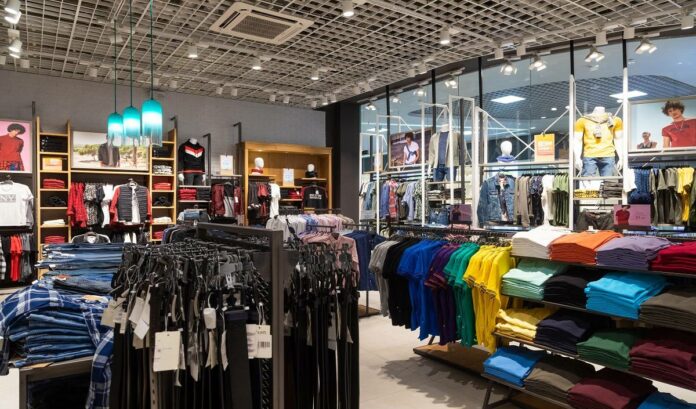Customers want engaging experiences that motivate them to visit stores.
NEW DELHI: According to the findings of a survey by real estate firm CBRE published on Monday, the in-store experience is more important for growth due to its capacity to promote consumer engagement as well as sales.
Customers are searching for enjoyable, convenient, and immersive experiences that will encourage them to visit physical stores rather than make purchases online. Because of this, experiential retail is balancing the rise in e-popularity commerce and maintaining profitability by boosting the brand’s physical presence, according to the survey.
Although COVID-19 altered consumer purchasing habits and encouraged more online purchases, organized retailers are now resuming their expansion plans that had been put on hold during the pandemic as out-of-home activity has picked up and customers are returning to physical stores. The paper claims that even in pre-covid eras, the experience was a key element influencing shop space designs. The productivity of retail spaces, however, came into sharp focus after the pandemic, with “experience” becoming more important due to its capacity to boost customer engagement rather than just sales, according to CBRE.
In the June quarter, transaction activity in the retail sector increased sequentially by more than 100%. Despite starting from a poor basis, it reported enormous growth in the first half of 2022 of over 160% annually.
Pent-up demand, which led to a rise in in-person purchasing even as online sales performed well, was what drove growth.
However, according to CBRE, “experience” is swiftly becoming a crucial market draw. Anshuman Magazine, chairman and chief executive, India, South-East Asia, Middle East, and Africa, CBRE, said that brands are resizing and recalibrating their physical store strategies across cities to diversify their portfolios and expand their footprint, with “experience” fast becoming an important frontier to bridge the retailer-consumer gap.
“While we have reason to believe that pre-pandemic levels of retail business activity have already been reached, covid-19 has changed consumer priorities.
Therefore, it is crucial to think carefully about how real estate stakeholders may improve their spaces to raise the experience factor and, in turn, value, he noted.
As businesses adapt to quickly shifting consumer expectations, retailers are likewise favoring dynamic and flexible lease agreements. The desire for plug-and-play outlets, particularly from small, independent businesses, is what is driving this. Customized showrooms are becoming more and more common. CBRE said retailers might benefit by using more technology in stores by giving examples of what companies are already doing and what they can do.
Technology such as augmented reality to provide a virtual experience of the devices is becoming more and more prevalent for retailers of electrical products and appliances. Additionally, they are concentrating on providing superior post-sale service, same-day delivery, and personal contact, if the clients encounter
The food and beverage sector, which was hard hit by COVID, has broadened its product lines and partnered with food aggregators to guarantee online delivery.
Follow and connect with us on Facebook, LinkedIn & Twitter

